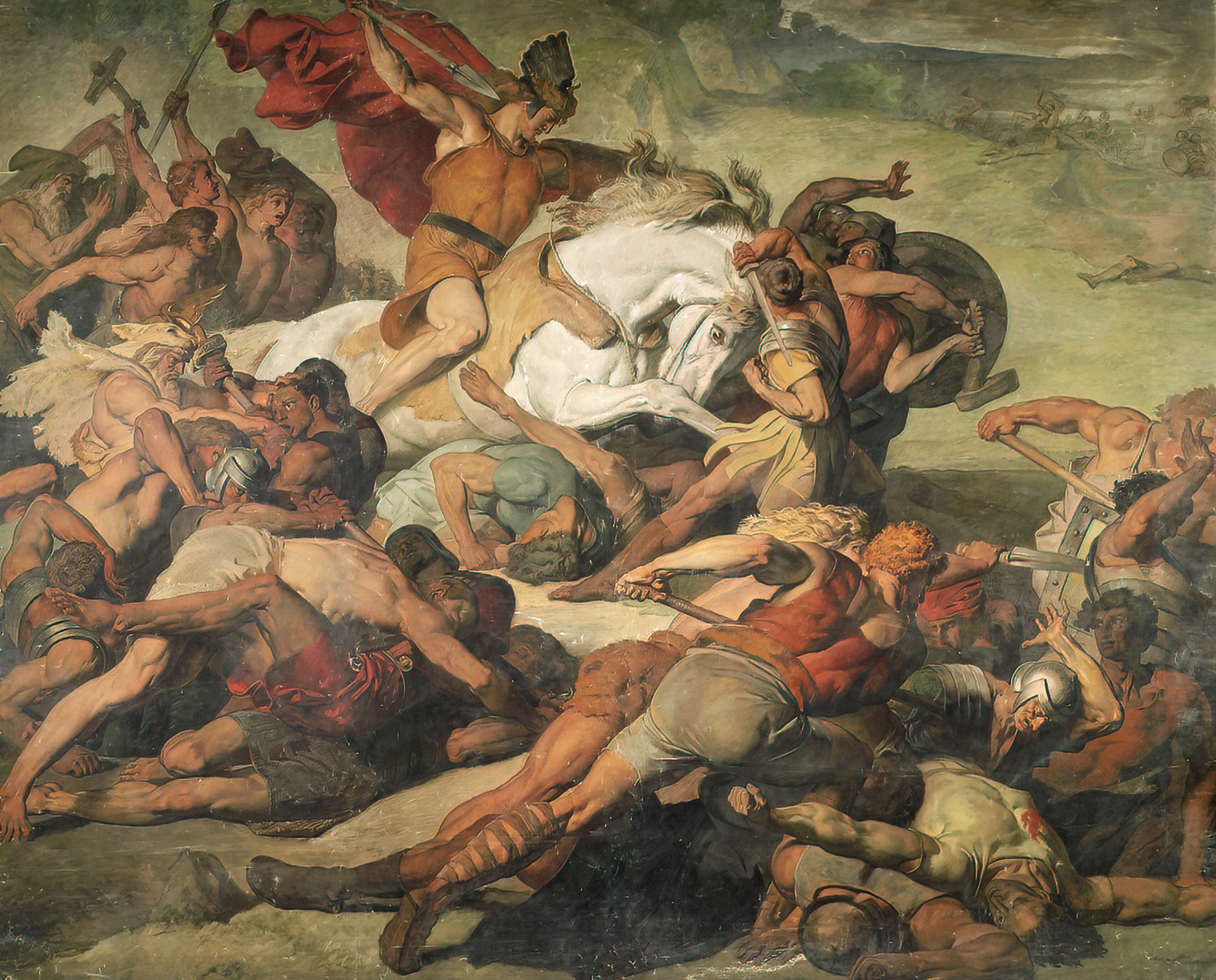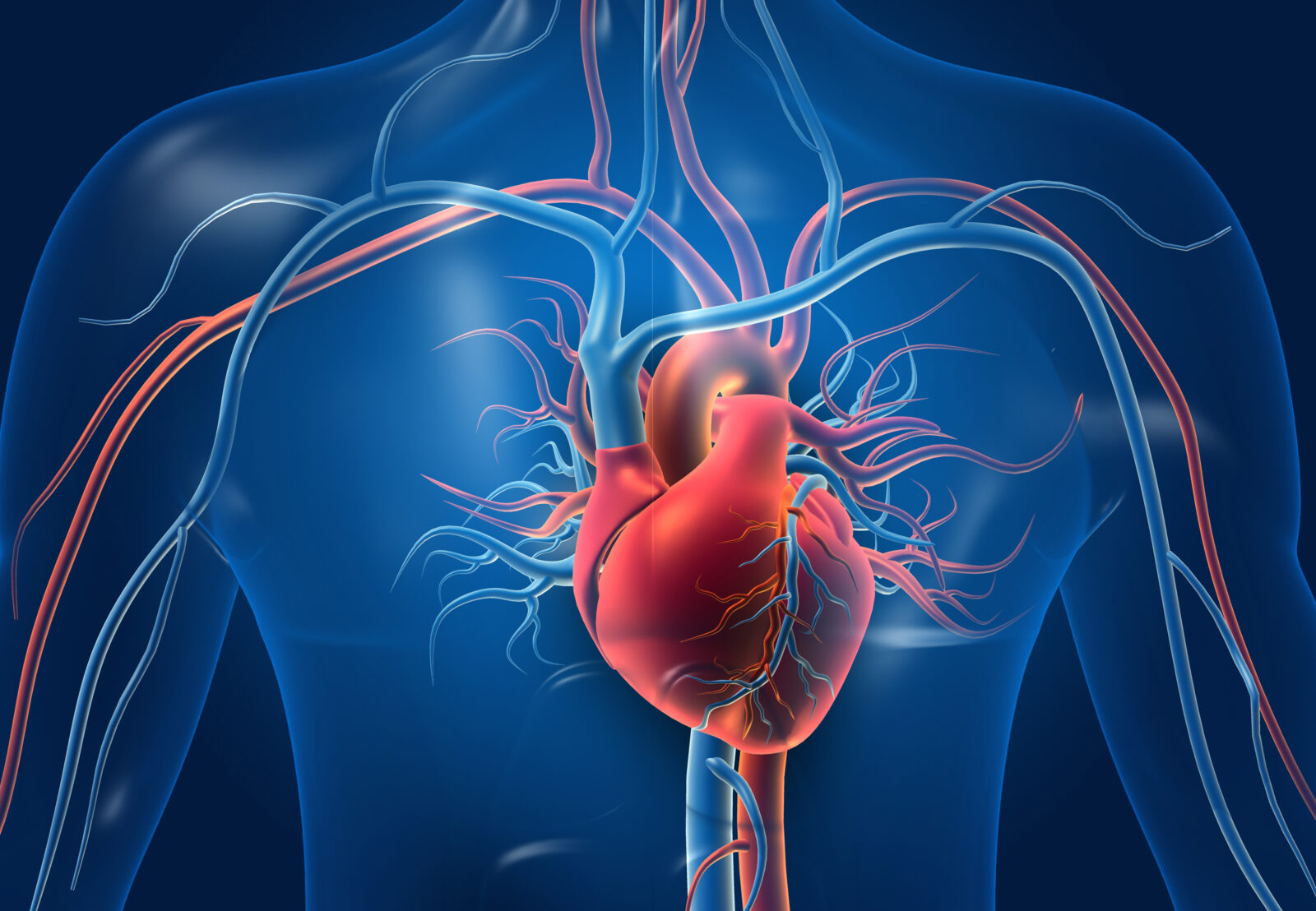


How Life Leverages the Laws of Nature to Survive

What Does Gene-editing with CRISPR Portend for Bioethics?
On this episode of ID The Future, Sarah Chaffee talks with bioethicist Wesley Smith about the gene-editing technique known as CRISPR. Smith describes it briefly and discusses its larger implication for bioethics.
Read More ›